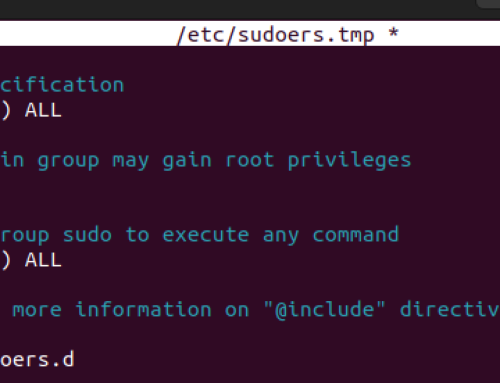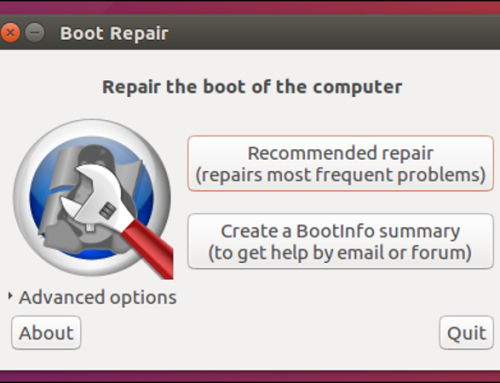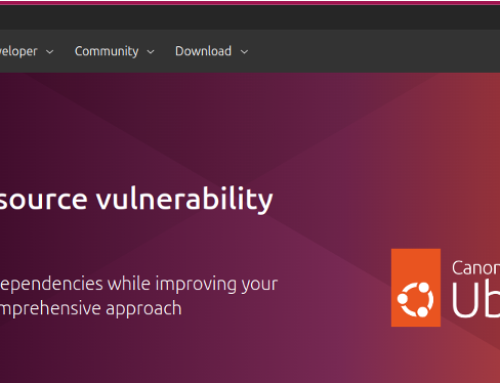Residential IP VPS vs Data Center IP
A Virtual Private Server (VPS) is a good choice for anyone looking to host their website application, access a testing environment, or perform other development tasks. A VPS gives you the needed control and resources that a shared hosting wouldn’t provide, and it feels like you are accessing a dedicated server but not at its full capacity.
The key benefit of using a VPS is that it aids in virtualization, allowing users to create numerous isolated virtual environments of a single physical server. That way, different VPS instances can work independently, and no interference will occur. When selecting what type of VPS you want to use, a common debate arises on whether to go with a residential IP VPS or use the data center IP. To help you understand what the difference is, let’s first discuss each option.
Residential IP VPS
With this option, the IP address that you get is tied to a specific physical location. Therefore, when accessing a web service, your IP gets treated like a regular user as it originates from a particular ISP. Anyone checking a residential IP VPS will know what location your IP is originating, making it feel more authentic.
When you purchase an internet service, the dynamic IP address you get is an example of a residential IP. This IP will often change depending on your network habits, such as after restarting your network.
Data Center IP
For this option, the IPs originate from servers in a data center. Hence, they are not tied to any specific geographic location. They are mainly static IPs, and they are leased by the VPS provider you use. There are numerous cloud application providers offering data center IPs, and the IP leased to you will be from any server hosted in their data center.
What’s the Difference?
We’ve discussed what residential IP VPS and data center IP mean. However, we still need to discuss their differences to help you understand them in-depth to guide your decision on which to use for your case. Below are their key differences based on how they offer specific features.
Source and Location of the IP
For a residential IP VPS, the IP is provided by an ISP, which signals that the IP is from a physical residence. The IP represents a given geographical area. However, the data center IP is leased from servers in a data center. The IP isn’t tied to any geographic location. Therefore, you can’t use them to know the user’s physical location.
Reliability
How reliable the VPS is matters. A residential IP VPS is unreliable in terms of speed as it depends on the internet connection of the particular residence hosting the servers. In most instances, you will experience a slow but authentic experience. A data center IP utilizes high-speed networks as it has a better infrastructure in the data centers, making it more reliable for services requiring more speed.
Anonymity
Although either option gives you anonymity, data center IPs are highly detected as non-residential, and many web services often block them, creating restrictions. However, residential IPs are trusted by web services as they represent an authentic user. Thus, you won’t face any restrictions when using them.
Type of IP
When you choose a residential IP VPS, you will get a dynamic IP address that changes depending on your activities. The good side of dynamic IPs is that you can easily avoid IP bans as the IP keeps rotating. For data center IP, you get a static IP leased by the VPS provider. Your chances of getting the IP banned are high, and you don’t enjoy having room to get a new IP address frequently.
Scalability
For a business that requires quick and convenient scaling, data center IP VPS is better, as scaling only requires adding more servers to a data center. However, scaling a residential IP depends on the availability of the IPs based on the provider’s capacity. Data center IP enjoys economies of scale and hence offers more infrastructure, allowing scalability.
Which Should You Use?
Many users still get confused about which VPS option to use. There is no ideal answer to this question. Your needs are what determine which is the best option for you. Again, we’ve discussed each option’s features and their difference.
So, if you want a faster VPS option, you would opt for a data center IP. However, if you want to enjoy a dynamic IP based on your usage option, a residential IP VPS is the better option. Check the features of each and compare them to the services you want to enjoy. That way, you will easily decide whether to go for a residential or data center IP VPS.
Conclusion
VPS offer numerous benefits for your development and hosting needs. When selecting what VPS provider to use, a key factor is whether you want a residential or data center IP. A residential IP VPS originates from a particular residence and hence appears like a regular user and is tied to a geographical location. However, a data center is not tied to any location as the IPs are leased from data centers and are static. This post has discussed residential IP VPS and data center IP. Moreover, we’ve seen their difference to guide your decision on which to use.





